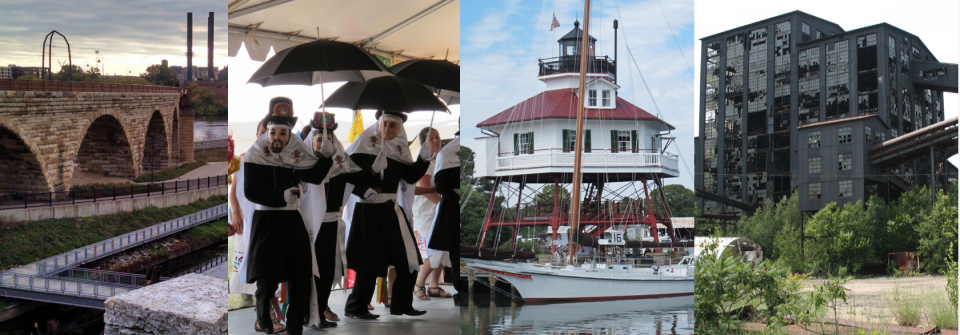A Historic Context for the Archaeology of Industrial Labor in the State of Maryland
By: Robert C. Chidester (Masters of Applied Anthropology Program – Department of Anthropology, University of Maryland at College Park)
Abstract
This report presents a historic context for industrial labor in the state of Maryland. Industrial labor is defined as the socially-governed activity of transforming nature for the purpose of the efficient processing and manufacture of commercial goods. Labor’s heritage as represented in the Maryland Inventory of Historic Properties, the Maryland Archaeological Site Records, and selected secondary sources is surveyed following the geographical and chronological guidelines presented in the Maryland Comprehensive Historic Preservation Plan (Weissman 1986). Types of industry and labor, class relations, the labor movement and the social and domestic lives of industrial laborers are all considered; additionally, industrialization in Maryland is linked to other important themes in the state’s history. An overview of the archaeology of industrial labor is given for each of Maryland’s 23 counties and Baltimore City, emphasizing important excavations. An analysis of the state of labor archaeology in Maryland is given, along with suggestions for important research themes that have been thus far unaddressed or poorly addressed by Maryland archaeologists.
Read the complete report: Chidester, Robert C._Historic Context
